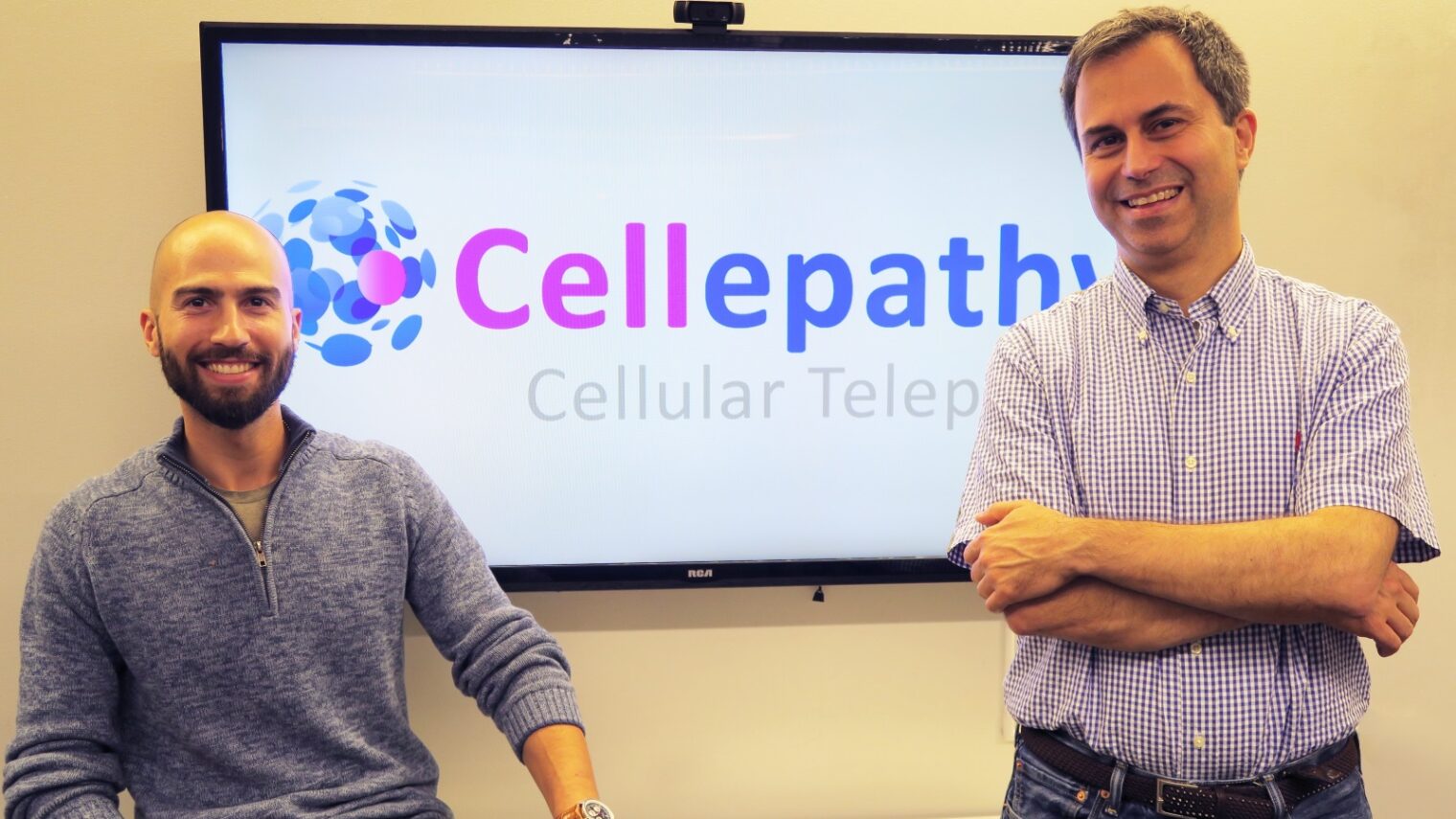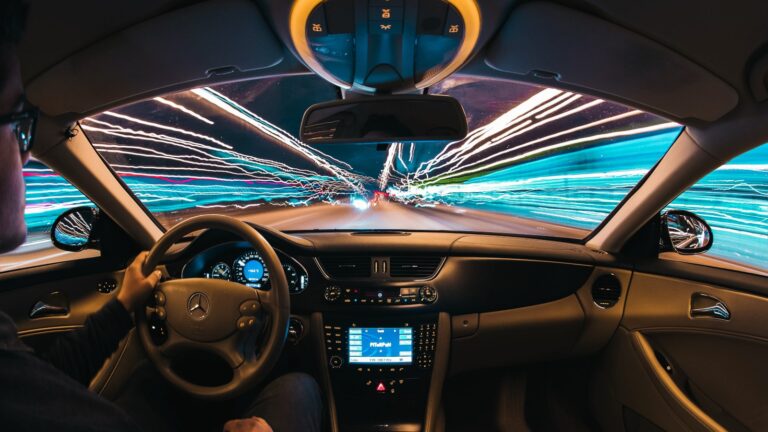Mobile navigation apps like Waze and Google Maps have transformed the way we drive. So why do so many people turn their apps off?
A study conducted by Israeli navigation software startup Cellepathy revealed that 45 percent of drivers either turn GPS off before the end of a trip or refrain from using it entirely because they don’t want their phone calls, music or podcasts interrupted by annoying audio turn-by-turn instructions. That’s especially so on routes they already know or during off-peak hours when shortcuts are less essential.
Cellepathy cofounders Dan Abramson and Sean Ir weren’t satisfied with the results of their survey. “There’s really no reason for a person to ever drive without traffic guidance,” Ir, who is also Cellepathy’s VP of marketing, told ISRAEL21c. “There’s always some potential value to having your traffic app on. Even if you know how to get there, you don’t know if there’s going to be a slow garbage truck or an unexpected road closure.”
Cellepathy’s solution, Ergo, uses artificial intelligence to learn an individual’s driving patterns and then turns off the audio directions in familiar areas while keeping the audio on in uncharted territory.
As a result, every driver will receive a slightly different Cellepathy experience. “Today almost everything is personalized,” from Amazon to CNN and Facebook, Ir said, “but navigation still remains generic.”
Cellepathy is not selling a traffic app to compete with Waze. Rather, Ergo is a technology “layer” that Waze, Google Maps and in-car navigation systems from the likes of TomTom and Bosch can implement to improve their services.
“Navigation systems which use Ergo can decrease the frequency of unnecessary notifications while stressing the alerts that matter,” Ir said.
The makers of navigation systems want drivers to keep their apps on in order to collect more accurate traffic data and, more importantly, to serve ads to drivers.
Drivers in Cellepathy’s survey also complained that GPS apps drain battery and said they don’t always remember to fire up the app in the first place. But “annoying audio” was the most cited hindrance.
How big a problem is this? Big enough that Cellepathy won the ConnnecteDriver 2016 Auto App Challenge earlier this year in Brussels.
By reducing interaction with the navigation software (for example, reaching over to mute the phone), Cellepathy is part of a movement to counter “distracted driving,” which can prove deadly.
That was what Abramson and Ir, both immigrants to Israel from New York, started Cellepathy to tackle. Ergo is part of a much grander vision to protect drivers from themselves.
Verify, Cellepathy’s main product, is a complete mobile device management system for companies that provide their employees with smartphones. Verify uses the phone’s sensors to detect when an employee gets into a car, then replaces the phone’s home screen with a Verify “safe” screen.
You can use Waze and make phone calls in “safe” mode, but you won’t be able to access Facebook or watch YouTube videos while the car is in motion. “If someone tags you in Instagram, you won’t see the notification,” Ir explained. As soon as you leave the vehicle, your phone returns to your control.
“Verify is not just for the UPSs and DHLs of the world. It’s for everyone who uses their phones – whether at night, on the weekend, or in a personal car,” Ir said.
And it’s big business. “If using a company phone while driving results in a crash that hurts someone, the plaintiff will sue the company,” Ir added.
Last March, on the strength of Verify, Cellepathy beat out almost 1,000 other applicants for a spot in the Dreamit Health accelerator backed by the University of Pennsylvania. After the accelerator concluded, Ir returned to Cellepathy’s Tel Aviv office.
Ir and Abramson met at a Princeton alumni gathering in Herzliya 11 years ago. They started working together in 2010 on another transportation-related company that enabled drivers to report dangerous driving by recording a voice memo describing the incident and uploading it to the cloud along with the GPS location.
“If someone comes flying by you on the right and cuts off three cars, that person should be paying three times as much car insurance as you,” Ir said. “But most of the time, that knowledge is lost.”
But Ir and Abramson’s system didn’t use cameras to capture incidents, and the audio approach proved too cumbersome for users.
Another Israeli company, Nexar, just raised $10 million for its dashcam app, which takes images of dangerous incidents and mixes in artificial intelligence to predict and prevent accidents.
“We were too early,” Ir conceded.
Cellepathy is self-funded but looking to raise a first round. Ergo works today on Android phones. Getting into Apple’s closed operating system is a bit trickier. But Ir is confident they’ll get there.
After all, they have plenty of experience navigating the roads to success.
For more information, click here.

















